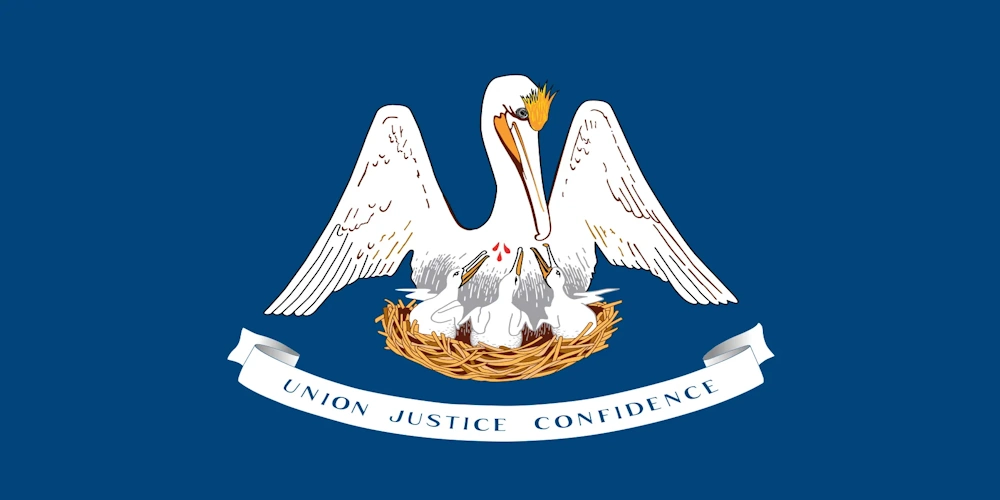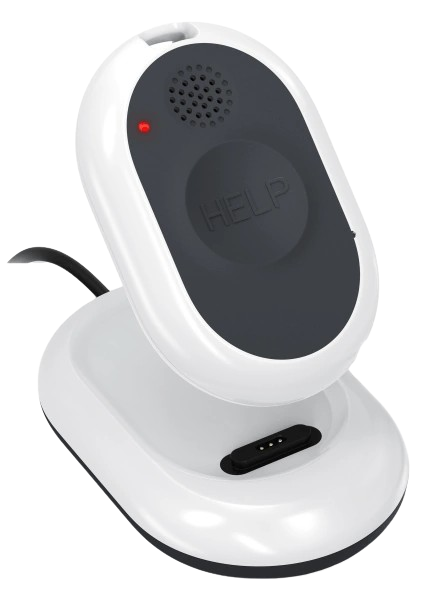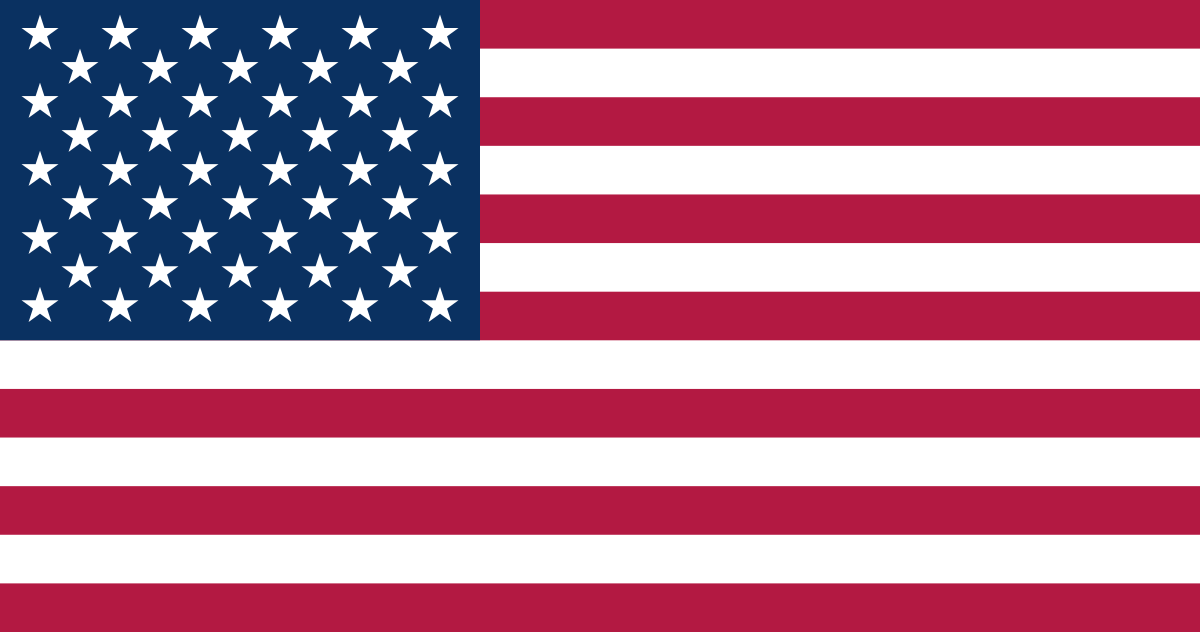In Louisiana, lone workers are found across industries such as oil and gas, agriculture, healthcare, security, and facility maintenance. These individuals frequently operate in isolated environments without direct supervision or immediate access to assistance. This makes safety planning essential—not only to protect employees but also to help employers meet their legal obligations.
Louisiana does not operate its own OSHA-approved occupational safety and health program, which means all private-sector workplaces must comply with federal OSHA (Occupational Safety and Health Administration) standards. However, the Louisiana Workforce Commission supports workplace safety initiatives through education, outreach, and enforcement partnerships.
On This Page
Our Guide To Lone Worker Safety Policy And Legislation In Louisiana
Because Louisiana is under federal OSHA jurisdiction, employers must comply with OSHA’s general workplace safety rules. While OSHA does not have a regulation specifically for lone workers, the General Duty Clause requires that all workers, including those operating alone, be provided a workplace free of recognized hazards.
The Louisiana Workforce Commission, through its Office of Workers' Compensation Administration and workplace safety initiatives, promotes compliance with federal safety laws and provides resources to help employers identify risks—including those faced by employees working alone.
How Louisiana Defines A Lone Worker
Louisiana does not provide a legal or regulatory definition for “lone worker.” However, in workplace safety contexts, it generally refers to any employee who performs tasks in isolation, without direct oversight or coworkers nearby who can respond in an emergency.
Common lone worker roles in Louisiana include:
- Oil and gas field operators and inspectors
- Agricultural workers in rural locations
- Home healthcare providers and hospice staff
- Night security personnel
- Janitorial and custodial workers
- Utility and maintenance staff in remote or confined areas
Because of their isolated conditions, these workers are at a higher risk for injury or delayed emergency response, making it critical for employers to prepare accordingly.
Employing A Lone Worker In Louisiana
Employers must recognize that working alone introduces additional safety risks. While OSHA does not provide a specific standard for lone workers, the General Duty Clause obligates employers to proactively identify hazards and take steps to minimize them—especially when workers operate without direct supervision.
Best practices for employing lone workers include:
- Risk Assessments: Identify the potential hazards specific to jobs involving isolated conditions.
- Emergency Response Plans: Create procedures for what to do in case of an accident or health event.
- Communication Protocols: Require regular check-ins and equip workers with reliable communication tools.
- Use of Technology: Implement safety apps or monitoring systems with panic alerts, GPS, and fall detection.
- Training and Education: Ensure all lone workers understand the risks of their job and how to manage them.
Employers are also encouraged to consult the Louisiana Workforce Commission and OSHA for updated guidance on workplace safety expectations.
Learn How You Can Protect Your Employees With Loneworker.com

With Loneworker.com you can be equipped with the knowledge and the means to protect your employees and protect your business. Contact us today to learn more about how Loneworker.com can protect you and your employees.
How The Safe Lone Worker App Can Protect Louisiana Lone Workers And Employers
The Safe Lone Worker app offers an all-in-one solution to help employers monitor and respond to the needs of employees working in isolation. With features such as timed check-ins, real-time GPS tracking, man-down alerts, and emergency SOS functions, the app helps employers stay connected to their workforce—no matter how remote the location.
This is especially valuable in Louisiana’s rural or industrial environments, where emergency response may be delayed, and traditional supervision isn’t possible. The app supports OSHA compliance while promoting a proactive safety culture.
Louisiana Lone Worker Policies
Louisiana does not operate a state-run occupational safety and health plan, so federal OSHA standards apply to all private-sector employers. Although there is no specific OSHA regulation dedicated to lone workers, employers are required by law to protect all employees from foreseeable hazards—including those faced when working alone.
For the most current legal requirements and safety resources, visit OSHA.gov and the Louisiana Workforce Commission. This article is intended for general information purposes and should not be considered a substitute for legal advice or official regulatory guidance.
Louisiana Lone Worker Resources
OHS Contact Centre
- 1-866-415-8690
CDC / NIOSH
- 800-232-4636

Affordable Monitoring For Lone Workers In Louisiana

-
 Monitoring Your Employees' Safety
Monitoring Your Employees' Safety
-
 GPS Tracking And Monitoring
GPS Tracking And Monitoring
-
 Man Down Panic Alerts
Man Down Panic Alerts
-
 24/7 Protection Anywhere
24/7 Protection Anywhere
Lone Worker Legislation
Lone Worker Safety Policies And Legislation By State
-
 Alabama State Safety Policies And Legislation
Alabama State Safety Policies And Legislation
-
 Alaska State Safety Policies And Legislation
Alaska State Safety Policies And Legislation
-
 Arizona State Safety Policies And Legislation
Arizona State Safety Policies And Legislation
-
 Arkansas State Safety Policies And Legislation
Arkansas State Safety Policies And Legislation
-
 California State Safety Policies And Legislation
California State Safety Policies And Legislation
-
 Colorado State Safety Policies And Legislation
Colorado State Safety Policies And Legislation
-
 Connecticut State Safety Policies And Legislation
Connecticut State Safety Policies And Legislation
-
 Delaware State Safety Policies And Legislation
Delaware State Safety Policies And Legislation
-
 Florida State Safety Policies And Legislation
Florida State Safety Policies And Legislation
-
 Georgia State Safety Policies And Legislation
Georgia State Safety Policies And Legislation
-
 Hawaii State Safety Policies And Legislation
Hawaii State Safety Policies And Legislation
-
 Idaho State Safety Policies And Legislation
Idaho State Safety Policies And Legislation
-
 Illinois State Safety Policies And Legislation
Illinois State Safety Policies And Legislation
-
 Indiana State Safety Policies And Legislation
Indiana State Safety Policies And Legislation
-
 Iowa State Safety Policies And Legislation
Iowa State Safety Policies And Legislation
-
 Kansas State Safety Policies And Legislation
Kansas State Safety Policies And Legislation
-
 Kentucky State Safety Policies And Legislation
Kentucky State Safety Policies And Legislation
-
 Louisiana State Safety Policies And Legislation
Louisiana State Safety Policies And Legislation
-
 Maine State Safety Policies And Legislation
Maine State Safety Policies And Legislation
-
 Maryland State Safety Policies And Legislation
Maryland State Safety Policies And Legislation
-
 Massachusetts State Safety Policies And Legislation
Massachusetts State Safety Policies And Legislation
-
 Michigan State Safety Policies And Legislation
Michigan State Safety Policies And Legislation
-
 Minnesota State Safety Policies And Legislation
Minnesota State Safety Policies And Legislation







